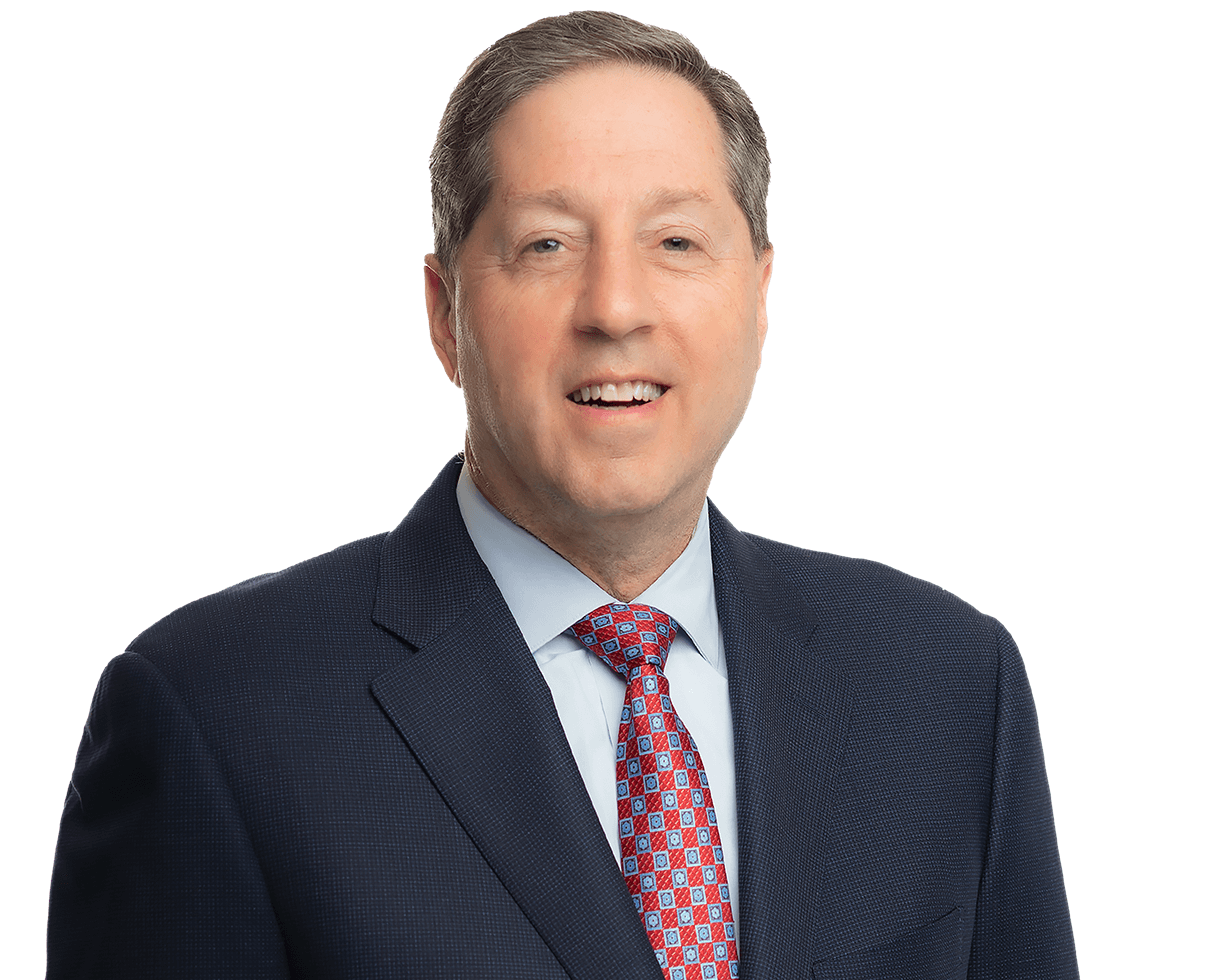May 19, 2021
Attorneys Clifford B. Aaron and Michael B. Weiss of London Fischer LLP recently obtained Summary Judgment for Bay Ridge Lexus, the owner of a courtesy loaner vehicle, and the vehicle operator, in a motor vehicle negligence action arising from two successive accidents. Plaintiff, a motorcycle operator, alleged that he was entering a parkway in Westchester County when he was forced to lay down his motorcycle in order to avoid a collision with a vehicle that was stopped in an active travel lane, following an earlier, unrelated collision involving the Lexus and another vehicle, operated by the co-defendant. Through conducting depositions of the parties and non-party witnesses, our firm established that it was the co-defendant’s vehicle – not the Lexus – that was blocking the travel lane in which the plaintiff was traveling. In fact, it was established that prior to the plaintiff-motorcyclist’s accident, the operator of the Lexus had safely removed his vehicle from the heavily trafficked roadway into a parking spot on an adjacent roadway, to prevent a hazard to other motorists.
In opposition to our motion for Summary Judgment based on lack of proximate cause, plaintiff attempted to craft a new theory of liability against the Lexus owner and operator, specifically, that the plaintiff’s accident was a “foreseeable consequence” of our clients’ negligence in relation to first accident. In granting our motion, Justice Peter P. Sweeney of the Supreme Court, Kings County held that our clients’ negligence, if any, relative to the first accident “was not a proximate cause of the accident involving the plaintiff and, at most, merely furnished a condition or occasion for the accident.” In so holding, the Court emphasized the “lapse in time” between the two accidents and the fact that the second accident occurred several minutes after the first one, at which time “both of the defendants had exited their vehicles, inspected their respective vehicles for damage and confirmed that none of the occupants had sustained injuries.” Following the decision, the parties entered into a Stipulation whereby plaintiff stipulated to a waiver of his right to an appeal in exchange for a waiver of statutory costs.
Download the decision below.

